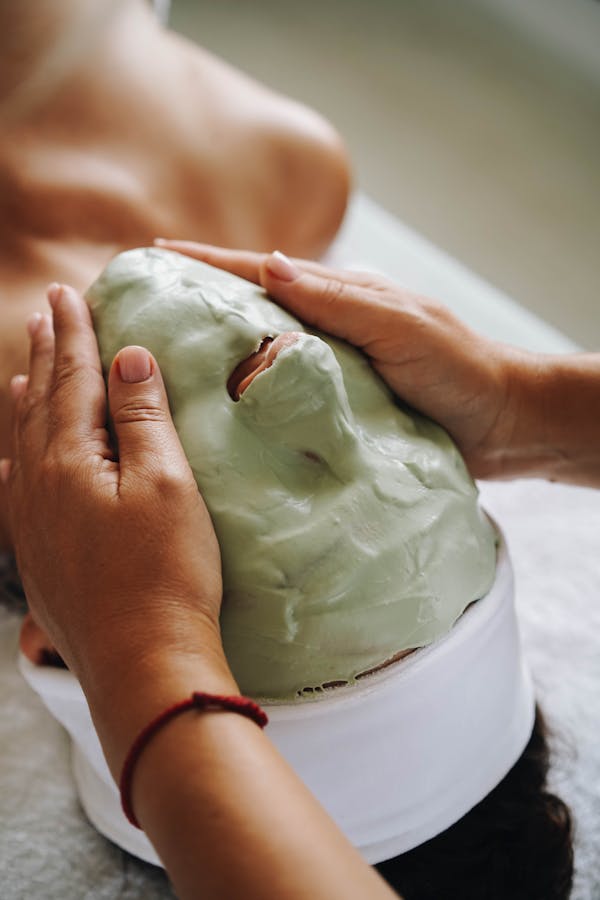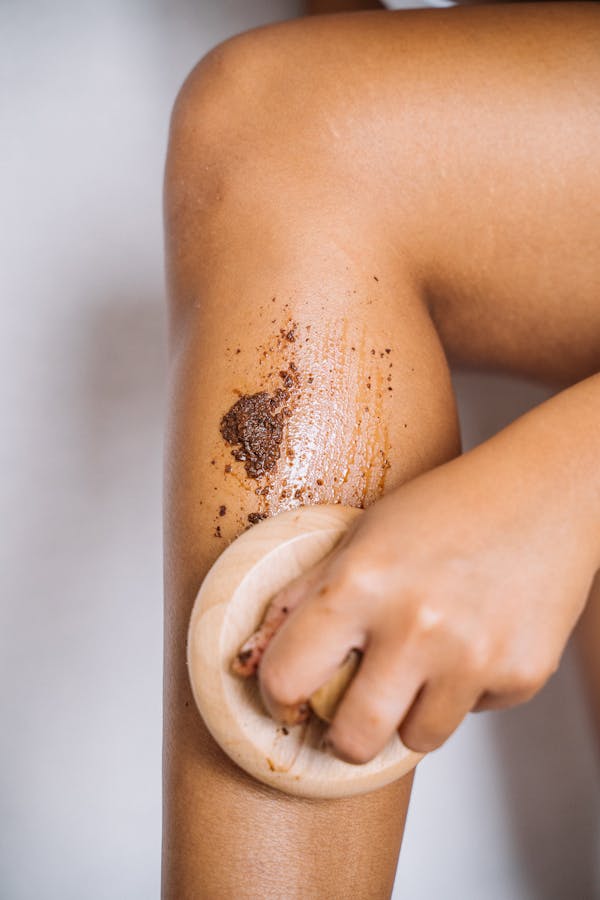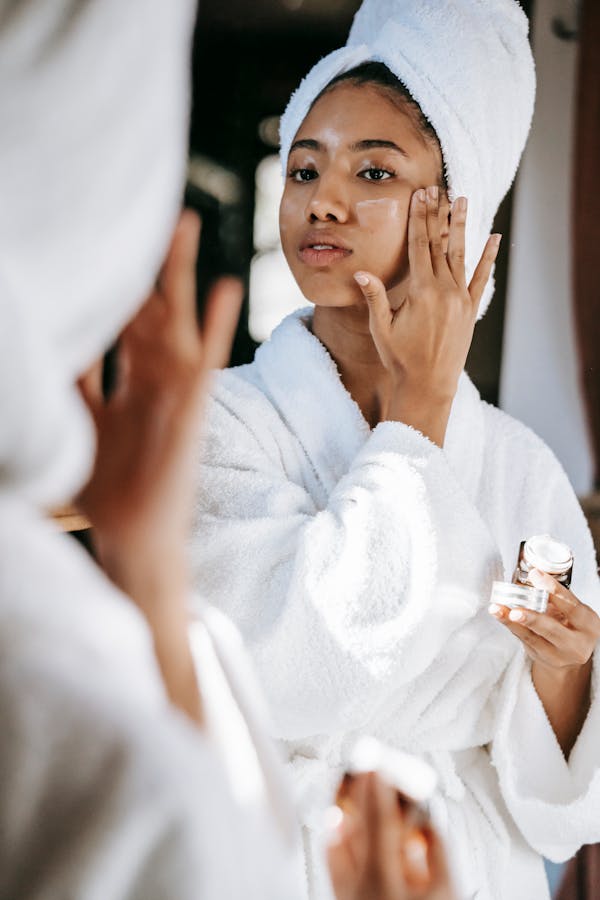Organic skincare is great, but are these products truly safe? Discover the potential skin cancer concerns and other health risks.

The Rise of Organic Skincare Products
The organic beauty industry has become more popular in the past few years. With the increased desire for these products, the global market may reach about $15 billion by 2025. This popularity is unsurprising, as people are drawn to beauty products labeled “all-natural” and “organic.” Some even believe they are safer or chemical-free. However, these labels are somewhat misleading, and this assumption is not entirely true. While it may be promising, natural skincare has its risks.
In honour of World Cancer Awareness Day, which we celebrated earlier in February, we want to examine this often-overlooked aspect of consumer health. This article will answer frequently asked questions, including:
- Is there a link between organic skincare products and skin cancer?
- What are the legal consequences of using organic products leading to skin cancer and other health risks, and who bears them?
- Are there regulations internationally and here in Nigeria that can help?
Organic Skincare Products and Cancer – Is There a Link?

Skin cancer is one of the most common forms of cancer, with squamous cell carcinoma (SCC) being the most prevalent form found in Africans and Caucasians. The World Health Organization (WHO) has recorded over 1.2 million new cases of non-melanoma skin cancer and 325,000 cases of melanoma diagnosed worldwide. The National Cancer Control Plan (2018-2022) also shows 72,000 annual cancer-related deaths and an estimated 102,000 new cases yearly. Skin cancer statistics in Nigeria may not have accurate records, but the reports from WHO raise a valid concern.
Using natural ingredients is more complex than the beauty businesses’ marketing campaigns suggest. Plant-based ingredients have amazing benefits but contain compounds that increase your skin’s sensitivity to UV radiation. High exposure to UV rays from sunlight is a frequent cause of skin cancer. Citrus (lemon, lime, orange), angelica, and bergamot oils also trigger allergic reactions. These may manifest as redness, sunburns, blisters, and skin discolouration. Keep in mind that photosensitivity is not a temporary effect. It causes long-term damage to skin cells and increases the risk of developing skin cancer.
Also, many organic skincare products are unregulated. Without standardized regulations, inconsistencies in quality and concentration are almost inevitable. Unregulated herbal extracts and oils may be from cheaper sources and contain harmful substances.
Other Health Risks Associated with Organic Beauty Products

Apart from skin cancer, organic beauty products may lead to other health risks, including:
- Hormonal Disruptions: Some natural skincare ingredients contain phytoestrogens – compounds that mimic estrogen and affect hormone function and regulation. Recent studies show that soy isoflavones in soy products and essential oils like lavender and tea tree oil can alter endocrine function in women. Women who have hormone-sensitive diseases, such as estrogen-receptor-positive breast cancer, or those going through puberty and pregnancy need to be more cautious. More research is needed to fully understand the long-term effects of phytoestrogens in skincare.
- Bacterial Contamination: Many organic skincare brands opt for natural preservation methods or “preservative-free” products instead of synthetic ones. Their intentions to stick to unadulterated ingredients are understandable but can compromise product safety. Products with natural preservatives are more prone to microbial growth and increase the risk of infections. Some contaminants include bacteria like Staphylococcus aureus or E. coli or molds like Aspergillus.
Now to the most critical question: Who is liable?
When people experience health problems from using cosmetic products, the question of liability becomes crucial. The European Union and the United States of America have legal frameworks to protect consumers, but the specifics and how they are enforced are different.
In the next article, we will consider legal precedents to see how courts have addressed liability issues in cases alongside the importance of regulations in Nigeria.
Sources
- Statista Market Forecast. Natural Cosmetics – Worldwide. Statista. 2025.
- World Health Organization (WHO). Ultraviolet radiation.
- National Institute For Cancer Research And Treatment. Cancer Statistics In Nigeria.
- D’Orazio J, Jarrett S, Amaro-Ortiz A, Scott T. UV radiation and the skin. International Journal of Molecular Sciences. 2013;14(6):12222.
- Kaddu S, Kerl H, Wolf P. Accidental bullous phototoxic reactions to bergamot aromatherapy oil. J Am Acad Dermatol. 2001;45(3):458-461.
- Capetti F, Marengo A, Cagliero C, et al. Adulteration of essential oils: a multitask issue for quality control. Three case studies: lavandula angustifolia mill. , citrus limon(L.) osbeck and melaleuca alternifolia(Maiden & betche) cheel. Molecules. 2021;26(18):5610.
- National Institute of Environmental Health Sciences. Endocrine disruptors.
- Henley DV, Korach KS. Physiological effects and mechanisms of action of endocrine disrupting chemicals that alter estrogen signaling. Hormones (Athens, Greece). 2010;9(3):191.
- Halla N, Fernandes IP, Heleno SA, et al. Cosmetics preservation: a review on present strategies. Molecules. 2018;23(7):E1571.
